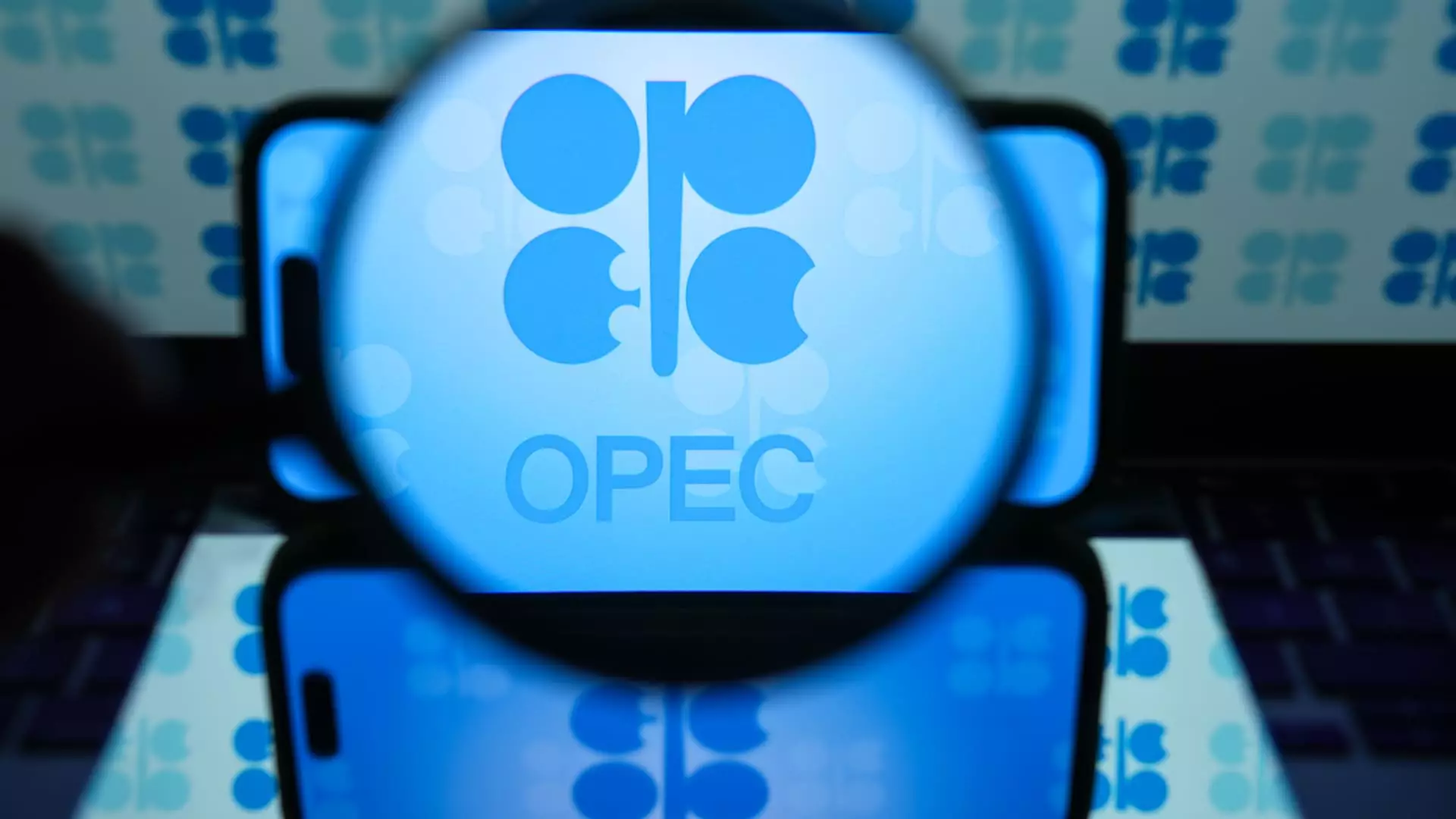The recent decision by OPEC+ to increase crude oil production by 548,000 barrels per day reflects more than just a simple response to market conditions; it exposes a troubling misconception that the global economy can indefinitely rely on oil as a stable and inexhaustible resource. While the cartel frames this move as a sign of confidence in a healthy and predictable market, it instead reveals a dangerous overestimation of our ability to manage or mitigate the volatile geopolitical realities and environmental crises that threaten to destabilize supply chains. The idea that a handful of oil-producing nations can arbitrarily adjust output to match demands feels increasingly disconnected from the broader risks of climate change, geopolitical conflicts, and a shifting global energy landscape.
The Risks of Rigid Supply Manipulation
The strategic dance of production cuts and hikes—the voluntary reductions, the phased increases—illustrates a core flaw in the current approach. It’s a game of brinkmanship that glosses over the complex and unpredictable nature of global energy markets. Relying on a fragile system of voluntary agreements assumes these nations prioritize stability over short-term political and economic gains, but history shows that such agreements are often short-lived or manipulated for national interests. The recent escalation in production, supposedly to satisfy “healthy market fundamentals,” could just as easily backfire, flooding the market with excess supply during a fragile recovery, leading to plummeting prices that harm economies dependent on oil revenues and investment.
Environmental and Moral Reckonings Ignored
More alarming is how these decisions sidestep the imperative of transitioning towards renewable energy sources. By increasing production under the guise of market stability, OPEC+ effectively delays necessary shifts away from fossil fuels—delays that compound existing environmental crises. This short-sighted boost effectively prolongs the global dependency on oil, exacerbating climate change and encouraging reckless consumption. It underscores the abdication of responsibility by powerful nations that prioritize economic gains over ecological sustainability and the health of future generations. Instead of leading toward cleaner energy solutions, these countries seem to opt for temporary fixes that buy time but deepen the root issues of environmental degradation.
The Central Question: Are We Truly in Control?
The core danger of this new oil production increase lies in the illusion of control it projects. No matter how much oil is pumped onto the market, the larger forces of geopolitical turmoil, environmental catastrophes, and technological shifts threaten to turn these calculations upside down. The recent conflict between Israel and Iran, along with tensions in the Strait of Hormuz, highlight the fragile geopolitical web that underpins global oil supplies. Yet, the industry and policymakers continue to operate under the assumption that supply and demand are under their control—a naive stance given the accelerating urgency of climate breakdown and the unpredictable nature of global politics.
By doubling down on these production strategies, we risk embedding a false sense of security that may ultimately hinder meaningful adoption of renewable alternatives. The fallout from these continual short-term adjustments could be devastating if the undercurrent of ecological collapse and geopolitical instability accelerates beyond their control. Relying on a fragile status quo is not just short-sighted; it’s dangerously irresponsible.


Leave a Reply